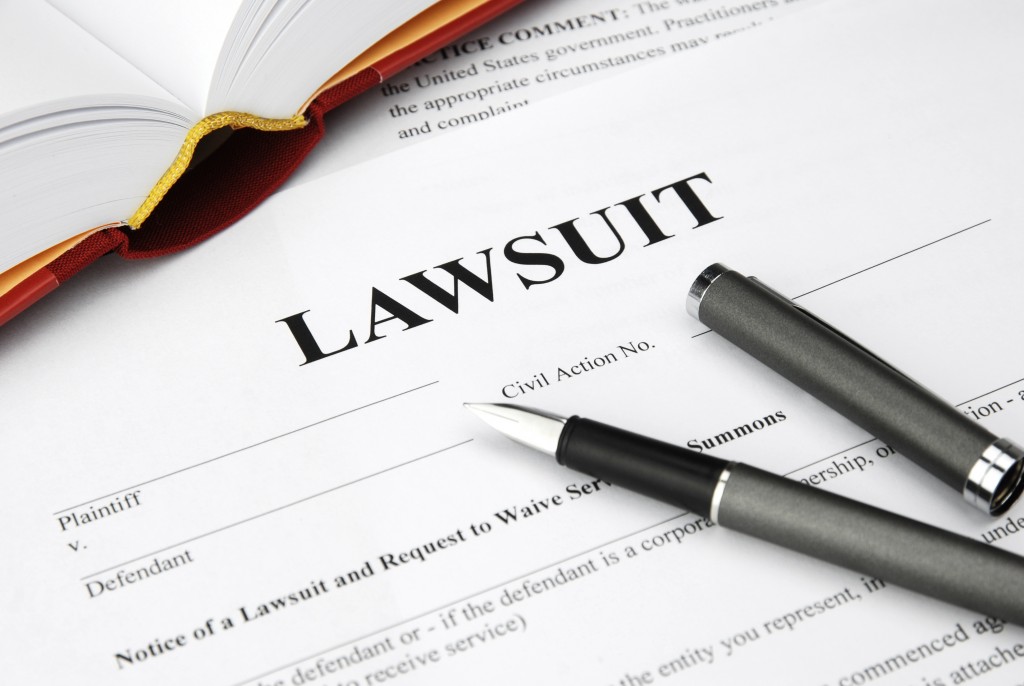Running a business is in itself challenging enough. With the outbreak of the COVID-19, small businesses are all the more facing hardships to continue business operations amid brick-and-mortar store temporary closures. As the months dragged on, a number are even reportedly on the brink of permanent closure.
Increasing market reach, boosting sales, and maintaining cash flow is the top priority of small businesses even before the pandemic. However, those are not the only concerns they face. Small businesses can and do get sued. Not only will suits cost small businesses a fortune, but it will also tarnish its reputation.
A Lawsuit in Small Business
Often overlooked, a lawsuit is one of the main reasons most entrepreneurs experience stress and anxiety running a business. Admittedly, a legal suit is a hassle for everyone and every company. But, small businesses face an even greater risk than most of us.
About 75 percent of small business owners fear that they might be a victim of frivolous lawsuits. Every year, small businesses have to spend about $20 million on tort liability costs. The average small business that earns a million a year has to spend around $20,000 on lawsuits each year.
The risk of litigation to small businesses is not something to be ignored. Unlike large corporations with all the time and money to withstand any litigation, small businesses have very limited resources. The potential lawsuits that a small business face far outweighs its ability to defend itself.
Nonetheless, a small business can limit, protect, and prepare itself from any potential litigation it might face in the future. There is no 100 percent guarantee your small business would not face any lawsuit, but by following these simple five suggestions, you help yourself, and your business minimise the risks.
How to Protect Your Small Business From Lawsuit
Separate Yourself from Your Business
A lot of small business owners own and operate their enterprise as sole proprietors. While sole proprietorship can be convenient, it can be problematic if your business gets sued. As a sole proprietor, your assets can easily be attached to pay off your monetary liability.
One way to prevent such scenarios from happening is by incorporating your business. Through incorporation, you can separate your personal finances from that of your company. You avoid having your house, bank account, car, and other personal assets answer any legal obligation.
Hire a Reputable Attorney

It is not usual for the majority of small business owners to put hiring a lawyer on top of their checklist, especially when they are just starting. However, expert business advisers suggest hiring an attorney on a retainer basis even at the early stage of your business. You never know when a lawsuit would strike.
Find a reputable lawyer who is an expert in matters fit for the size of your business. It is also a good idea to hire one familiar with local laws and customs, as it would ensure you stay abreast of any legal matters that would affect your company.
Follow Sound Employment Policies
Ignorance of the law excuses no one from its compliance.
There are plenty of employment laws that your small business is subjected to. These include wage and hours laws, safety regulations, and anti-harassment and discrimination laws. Violation of these laws, whether unintentional or not, could lead to a lawsuit against your company.
To help minimise the likelihood of employment lawsuits, your business should stay abreast of any existing and new legal development that concerns your type of industry. It would be handy to hire in-house human resource personnel and lawyers, or even outsource the services of one. With their professional expertise, you can be properly advised of any employment matters.
Put Everything in Writing
In the small business industry, a lot of transactions are done verbally — termed as “handshake deals.” However, not putting agreements into writing opens plenty of doors for misunderstanding that could potentially lead to litigation. And keeping business records is one way to avoid it from happening.
Having a good record-keeping procedure is a life-saver for your company. It would help clarify each party’s rights and obligations in the contract in case any dispute arises. With the help of your business lawyer, have a written document prepared for every transaction your business enters.
Get Insurance Coverage
Although liability insurance would not prevent your company from getting sued, it can help minimise the financial blow of a business lawsuit, which includes legal fees and liability costs. But before saying yes to a policy, make sure you have researched the right liability policy that works best for your business.
No business is immune to a lawsuit, no matter what size or shape. What is important is that your company is well-prepared in case such an unfortunate event arrives.

